Selecting the right valves for HVAC systems is essential to ensure reliable operation, safety, and energy efficiency. Valves serve critical roles in controlling fluid flow, regulating pressure, and preventing backflow in heating, ventilation, and air conditioning setups. Among the many types of valves available, choosing the appropriate ones requires careful consideration of system requirements and the properties of the fluids involved. In particular, valves such as the natural gas valve, water pressure reducing valve for house, and gasoline check valve play specific roles that affect HVAC performance.
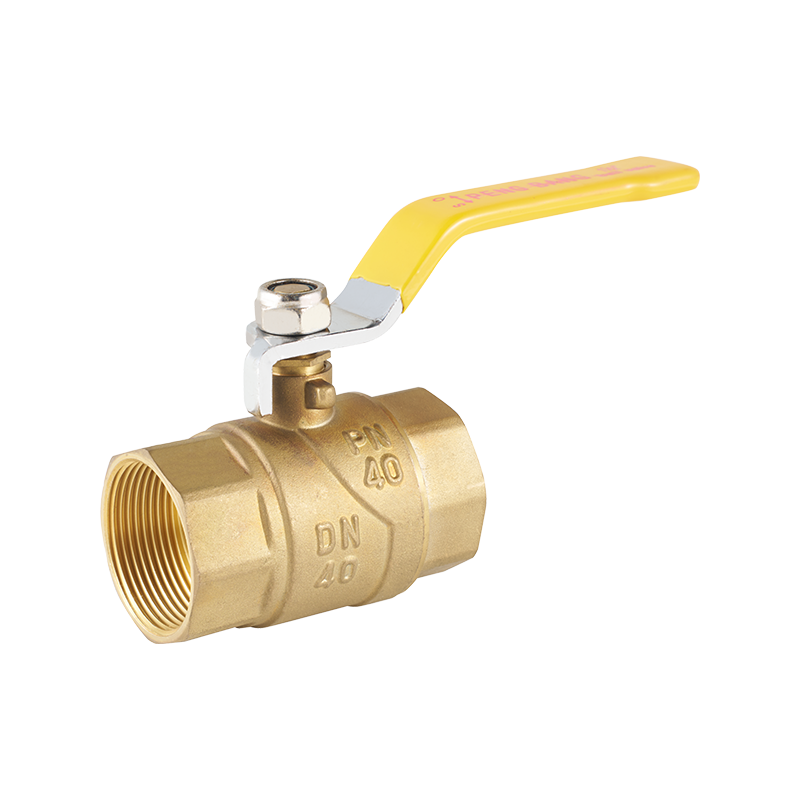
One of the key components in many HVAC systems is the natural gas valve. These valves regulate the flow of natural gas used as a fuel source in heating applications. When selecting a natural gas valve, it is important to consider factors like pressure rating, leak tightness, and compatibility with natural gas compositions. The valve must provide consistent control while ensuring safety to prevent any hazardous leaks. A natural gas valve that can withstand temperature fluctuations and varying pressures will contribute to smooth system operation. Additionally, the valve's material should resist corrosion from the gas and moisture present in the system.
Another important valve in residential and commercial HVAC systems is the water pressure reducing valve for house. This valve plays a crucial role in maintaining a stable water pressure to protect plumbing fixtures and system components from damage due to high pressure. When water enters a building, the pressure can sometimes be too high for pipes and appliances, pilot to leaks or failures. Installing a water pressure reducing valve for house helps lower and regulate this pressure, extending the life of the entire system. Choosing the right valve involves assessing the incoming water pressure, flow rates, and ensuring that the valve can handle the anticipated conditions without significant pressure drop or noise.
The gasoline check valve is another valve type sometimes used in HVAC systems, especially those involving fuel transfer or backup generators powered by gasoline. This valve prevents the backflow of gasoline, which is vital for safety and efficient fuel management. When selecting a gasoline check valve, considerations include chemical compatibility with gasoline, pressure capacity, and sealing performance. A valve that does not reliably prevent reverse flow could cause fuel contamination or spillage, risking damage to equipment or creating fire hazards. Thus, the gasoline check valve must be robust and designed specifically for use with volatile fluids like gasoline.
One of the main challenges in selecting valves for HVAC systems is balancing performance and durability. Valves such as natural gas valves must be capable of handling both steady operation and sudden changes in pressure or temperature. The same applies to water pressure reducing valves for house, which need to adjust dynamically as water demand varies. Moreover, gasoline check valves should maintain their sealing ability over time, even under harsh chemical exposure. Ensuring that the valve's construction materials are suitable for the specific HVAC application helps improve longevity and reduce maintenance frequency.
Ease of installation and maintenance is also a factor to consider. Valves that are straightforward to install and service can reduce downtime and labor costs. For example, a natural gas valve with a modular design may allow quick replacement of seals or internal components without removing the entire valve. Similarly, a water pressure reducing valve for house that includes a built-in pressure gauge or test port can simplify monitoring system performance. The gasoline check valve's compact size and compatibility with standard fittings can ease integration into existing fuel lines or generator systems.
Safety remains a priority in valve selection, particularly when dealing with flammable or pressurized fluids. Valves like natural gas valves and gasoline check valves must comply with relevant safety standards and certifications to ensure they operate reliably under all conditions. Selecting a water pressure reducing valve for house that is tested to prevent water hammer or sudden pressure surges also helps protect the plumbing infrastructure. Understanding the specific safety requirements for each valve type helps avoid costly accidents and system failures.
In addition to safety and performance, cost efficiency is a consideration in valve selection. While initial cost is important, evaluating the valve's total cost of ownership, including installation, maintenance, and replacement frequency, provides a clearer picture. Investing in a natural gas valve that offers durable performance can lower long-term expenses. Similarly, choosing a water pressure reducing valve for house designed to maintain consistent pressure can reduce water wastage and damage-related repair costs. The gasoline check valve's reliability can prevent fuel losses and emergency repairs, further contributing to cost savings.
Finally, the environment and sustainability aspects are increasingly influencing valve choice. Valves that have fewer leaks and energy losses contribute to greener HVAC systems. For instance, a well-sealed natural gas valve reduces methane emissions, a potent greenhouse gas. A water pressure reducing valve for house that efficiently manages pressure prevents unnecessary water consumption. The gasoline check valve ensures safe fuel containment, reducing risks of soil and water contamination. Considering these environmental factors aligns valve selection with modern sustainability goals.
In conclusion, selecting valves for HVAC systems involves evaluating various technical and practical factors. Natural gas valves, water pressure reducing valves for house, and gasoline check valves each serve specific purposes that directly impact system safety, reliability, and efficiency. Assessing fluid properties, pressure conditions, material compatibility, maintenance ease, safety compliance, and cost implications helps in making informed decisions. Proper valve selection ultimately supports HVAC systems that perform steadily with fewer risks and operational issues.


 English
English русский
русский Español
Español عربى
عربى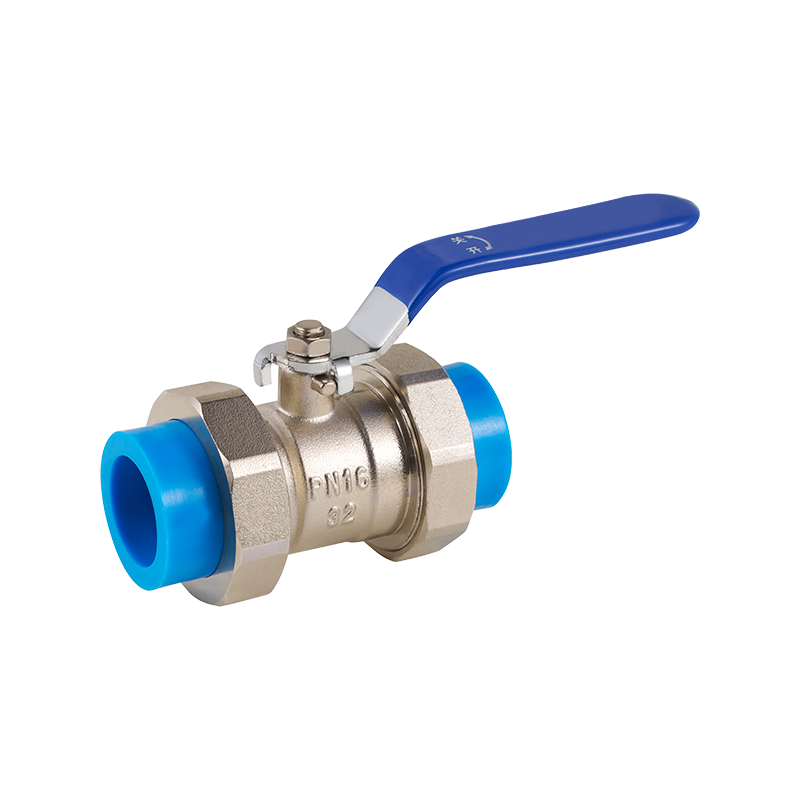
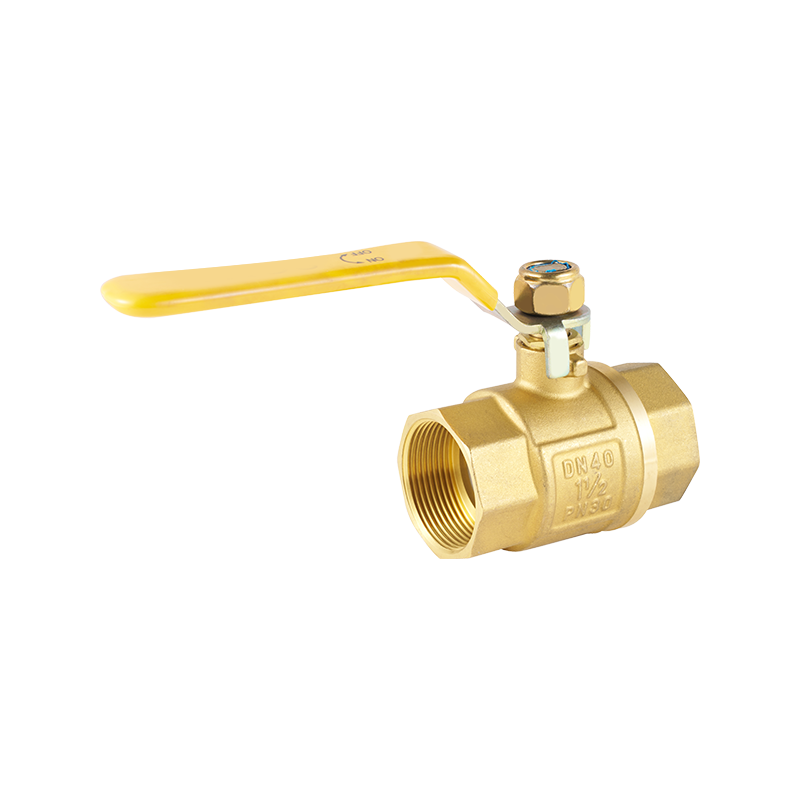
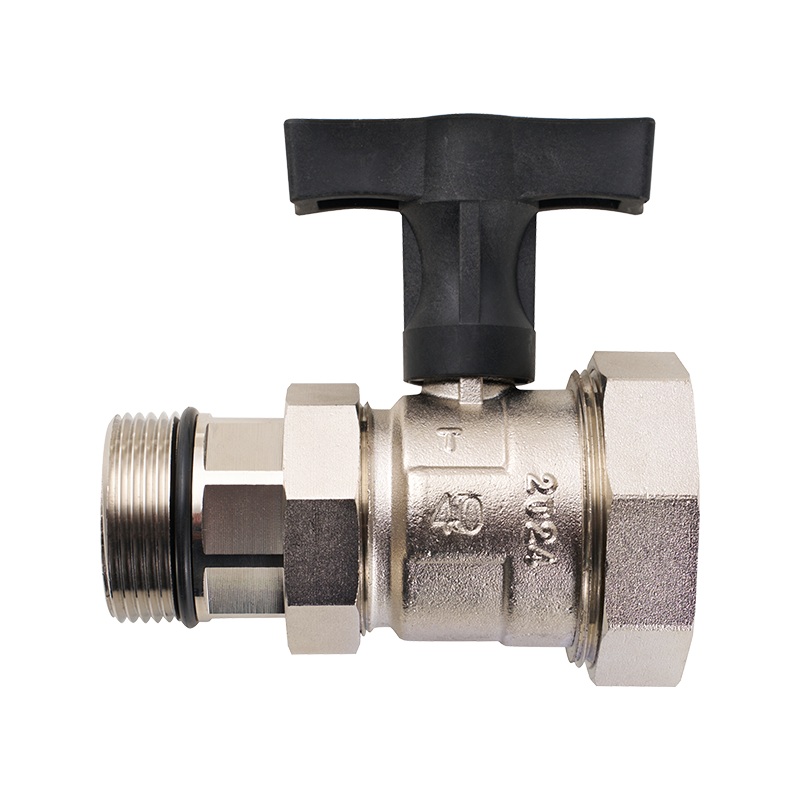
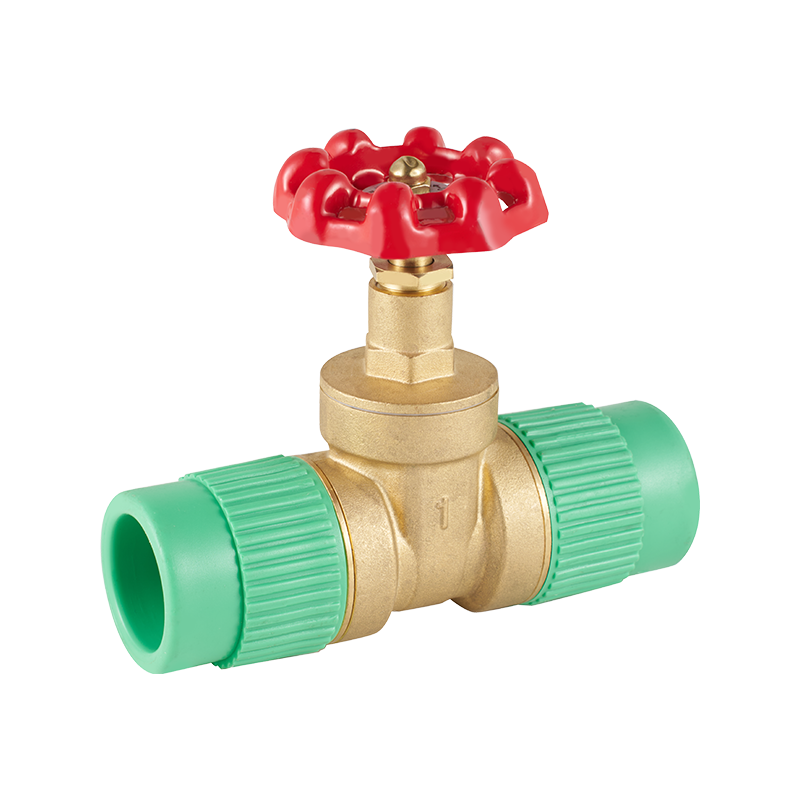
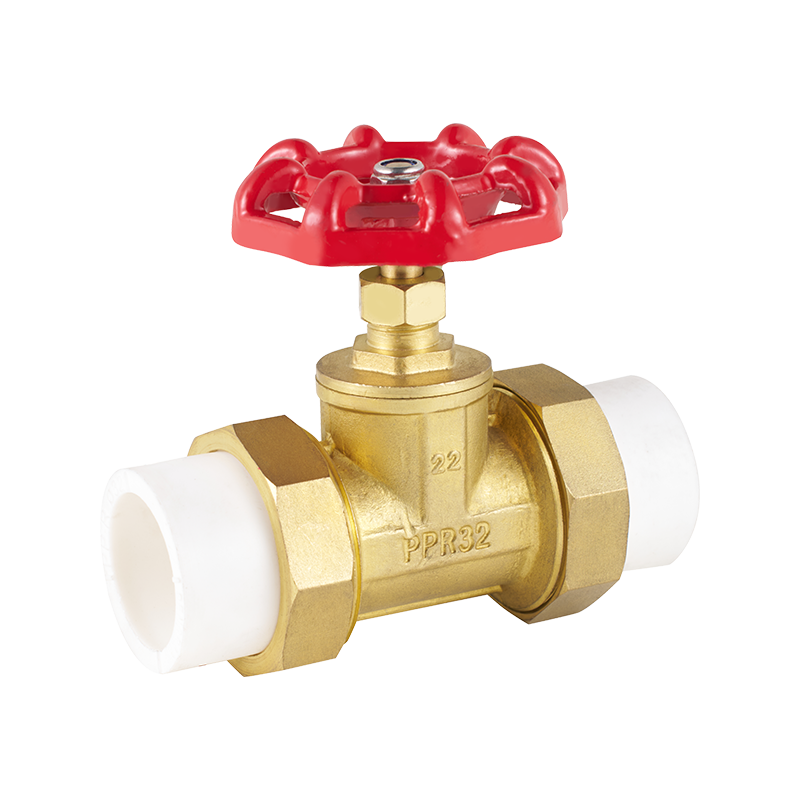
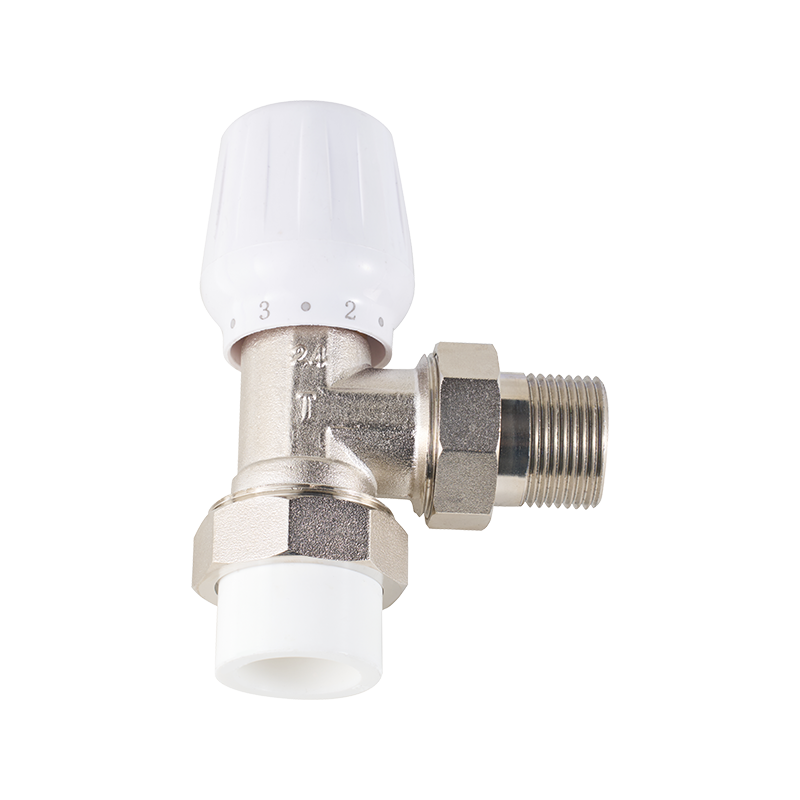

 CONTACT US
CONTACT US